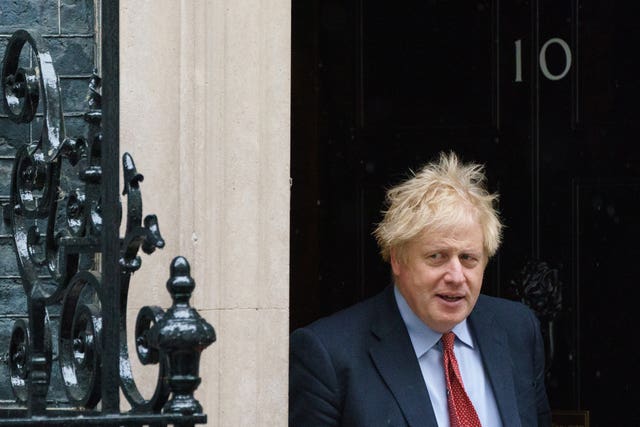
Henry Riley 4am - 7am
24 May 2022, 10:34

Deirdre Michie, Offshore Energies UK chief executive, has urged politicians to ignore the calls for a one-off levy on oil and gas companies.
A windfall tax enforced on oil and gas companies would “undermine” the transition towards energy security, a leading energy chief has said.
It comes as 31 companies in the UK’s offshore energy supply chain wrote the Prime Minister Boris Johnson to urge against introducing a one-off additional levy on the industry.
Political pressure has mounted in recent weeks for the UK Government to introduce a windfall tax on energy corporations to support customers facing soaring energy bills.
Earlier this week, Mr Johnson said he was “not attracted” to the idea of new taxes but said there would be further support to assist with the rising cost-of-living.
Now Deirdre Michie, Offshore Energies UK (OEUK) chief executive, has warned the tax could be detrimental towards Britain’s net zero aims.
Speaking at the organisation’s annual conference in Aberdeen on Tuesday, Ms Michie said: “Right now, the windfall tax debate is at the top of an agenda driven by politics.
“It means we are facing the threat of punitive taxes and regulations, just at a time when the UK needs to focus on long-term issues like energy security and working for net zero.
“Much of this is really well-intended. Because the reality check for everyone, with millions of households in fuel poverty, is that there is an unprecedented cost-of-living crisis to pay for, at the same time as we have an environmental emergency to deal with.

“But our belief is that stability in the way we are taxed and regulated is what allows us to promote investment, create jobs and generate taxes that can be used to help with the cost-of-living crisis, while at the same time, getting the balance right in terms of ensuring the nation’s energy security.”
She said the Office for Budget Responsibility (OBR) is estimating that the OEUK’s operators will pay more than £7.8 billion to the treasury this financial year.
That, she said, is a 20-fold increase on two years ago and equates to £279 per UK household.
And the sector’s combined investment potential, which supports energy security and underpins the transition, could be worth up to £250 billion between now and 2030, the organisation said.
She added: “But the threat of new taxes could undermine this – disrupting what could be a remarkable British success story.
“And for what? Quick headlines, short-term political gain, a minimal uptick in tax – the benefits of which would actually fade far faster than the damage such a tax could do with declining investment and production levels, that will almost certainly follow.
“Because such unexpected policy swings, risk achieving the opposite of what politicians say they actually want and could result in undermining energy security and ultimately the energy transition itself.”
In the letter written to Mr Johnson, signatories warned the industry is only in the early stages of a recovery after suffering significant losses in recent downturns.